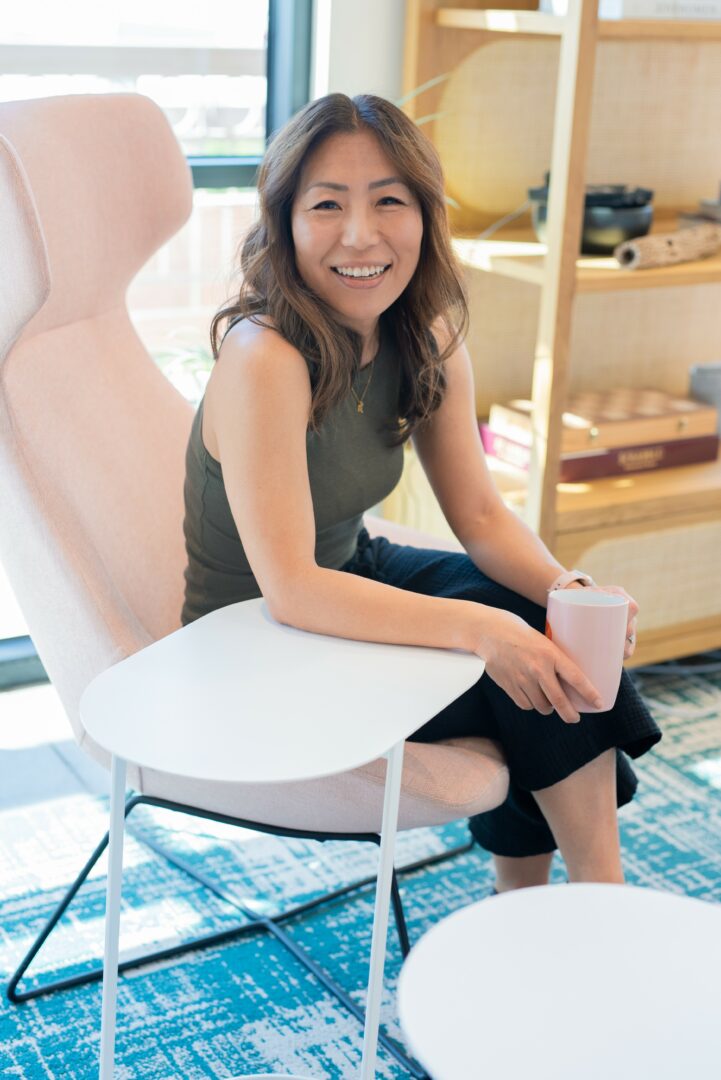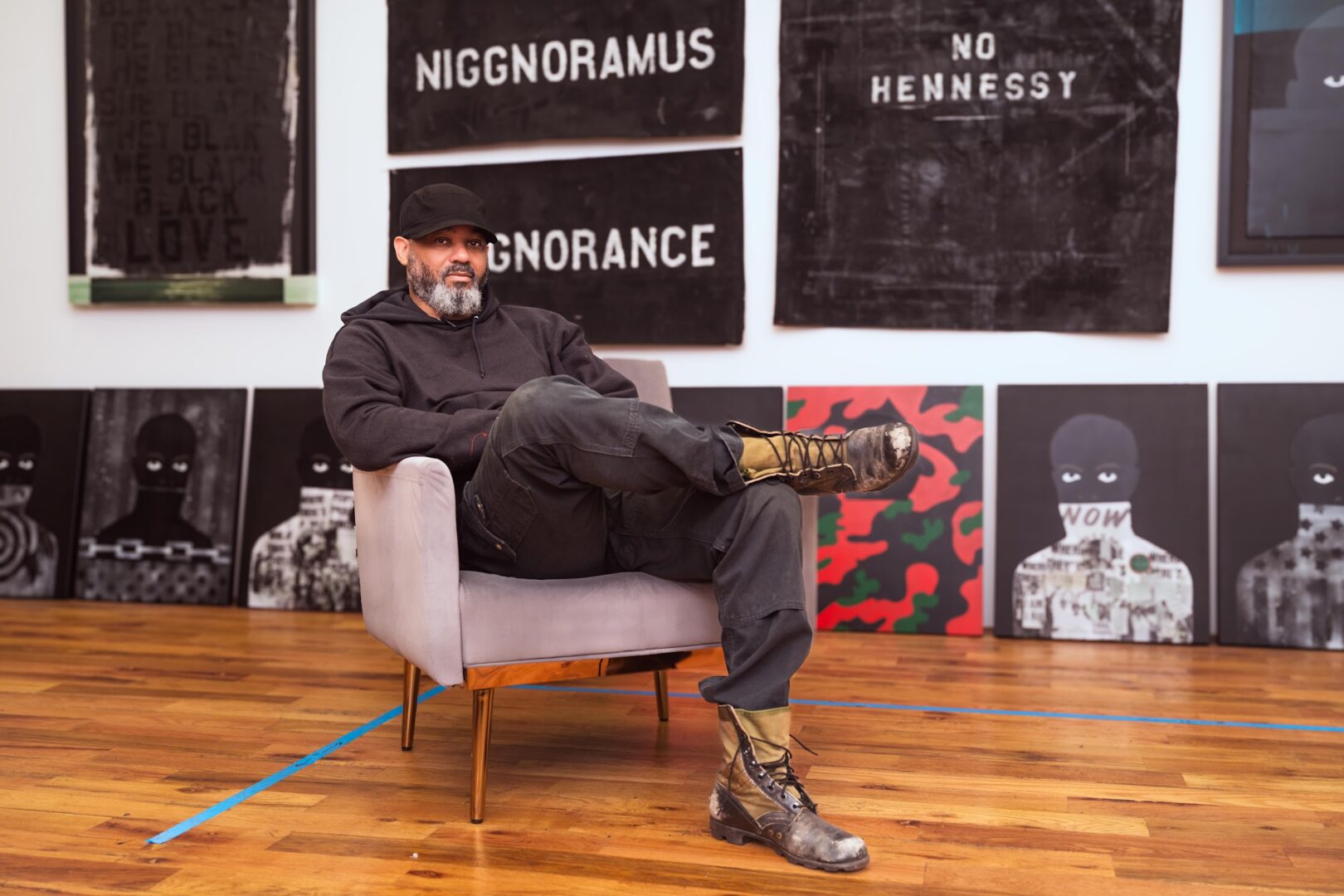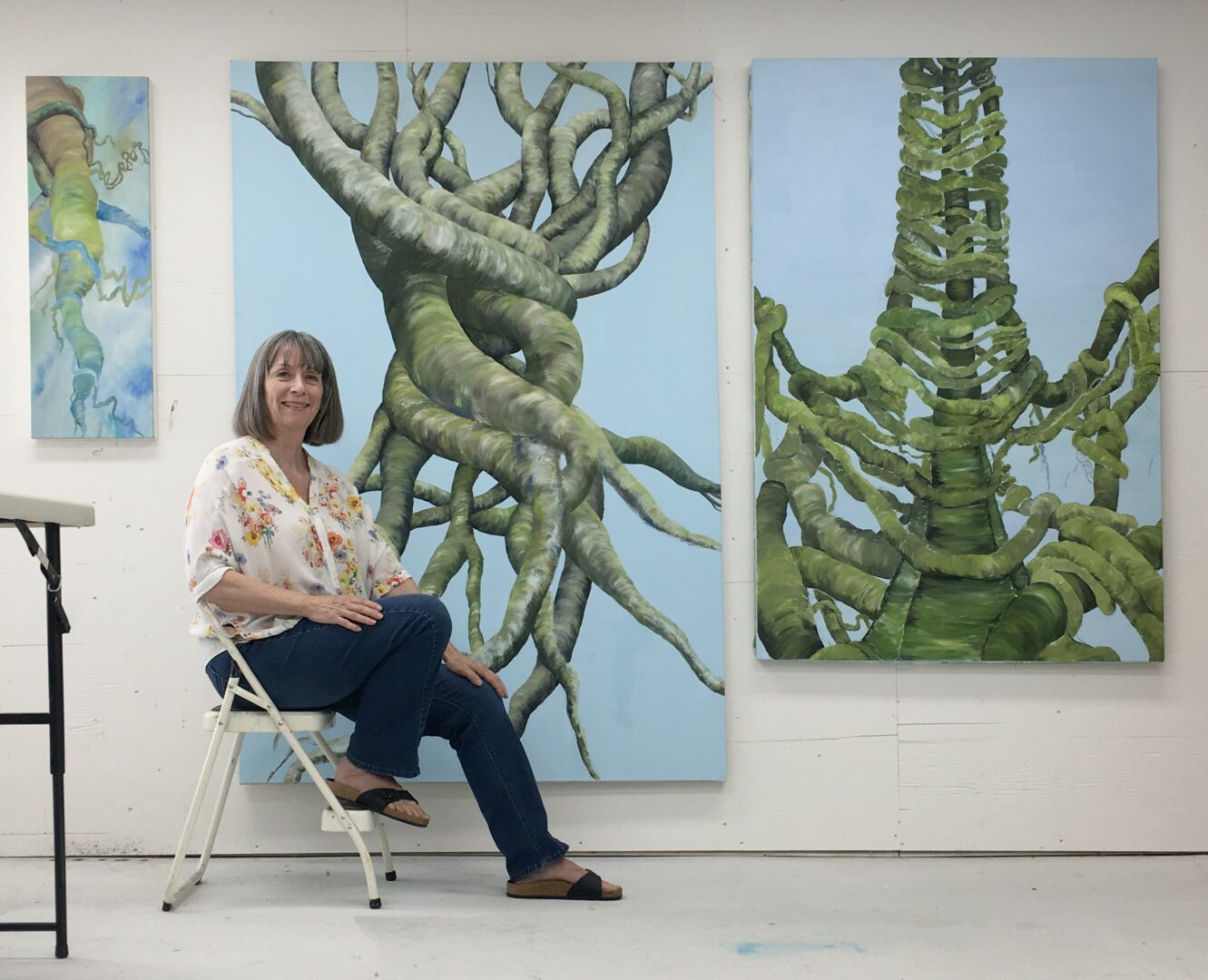We recently had the chance to connect with Kanna Laird and have shared our conversation below.
Kanna, we’re thrilled to have you with us today. Before we jump into your intro and the heart of the interview, let’s start with a bit of an ice breaker: What’s more important to you—intelligence, energy, or integrity?
A: Integrity.
Because intelligence without integrity can manipulate, and energy without integrity can burn out. Integrity is what keeps both grounded in truth.
In my work supporting women who struggle with food and self-worth, integrity means never rushing someone’s process just to get a result. It means staying honest, even when that honesty isn’t glamorous, and choosing compassion over performance.
To me, integrity is the quiet strength that makes everything else sustainable — the alignment between who you are, what you say, and how you show up when no one’s watching.
Can you briefly introduce yourself and share what makes you or your brand unique?
I’m Kanna Laird, a published author and holistic wellness mentor who helps high achievers — including public figures and leaders — rebuild a peaceful relationship with food, body, and self-worth.
Many of my clients appear confident and composed on the outside, but privately struggle with emotional or binge eating, comparison, and the constant pressure to always do more, achieve more, and be more. They’ve accomplished a lot — yet still feel “not enough.”
My approach blends neuroscience, emotional awareness, and deep compassion to help clients move beyond control and into genuine safety within themselves. I don’t see food as the enemy; I see it as a messenger showing where self-trust or belonging has been lost.
Originally from Japan and now based in Arizona, I bring a cross-cultural lens to wellness — combining Eastern sensitivity and observation with Western psychology and trauma-informed science.
Thanks for sharing that. Would love to go back in time and hear about how your past might have impacted who you are today. What did you believe about yourself as a child that you no longer believe?
I used to believe that my worth depended on how I looked or how “good” I was with food.
Now I know I’m worthy no matter how I eat or look.
I also believed that enjoying food was something to feel guilty about — especially as a girl.
Now I know that eating is living; it’s one of the most natural and beautiful ways to connect with ourselves and others. There’s no shame in that joy.
And maybe the biggest shift — I used to think having my own opinions was “too much.”
Now I see that expressing what I really think and feel isn’t selfish — it’s self-respect.
Was there ever a time you almost gave up?
Yes — I almost gave up learning English.
After spending a year as a high school exchange student abroad, I came back to Japan feeling proud of my progress, but also completely exhausted. I thought, “This is good enough,” and decided to stop pushing myself. During university, life was easy and fun — and for about five years, I barely spoke English at all.
But something inside me missed it. I missed connecting with people from different cultures and seeing the world through wider eyes. So I decided to start again — this time, not to pass exams or sound fluent, but to truly communicate, to understand, and one day, to leave the island and live beyond what I’d always known.
Looking back, that decision changed everything. English didn’t just give me a skill — it gave me freedom.
I think our readers would appreciate hearing more about your values and what you think matters in life and career, etc. So our next question is along those lines. Where are smart people getting it totally wrong today?
Smart, driven people — especially high achievers — often try to solve emotional eating/binge eating by managing what they eat instead of understanding why they eat. They analyze, optimize, and control, because that approach has worked everywhere else in their lives. But the body doesn’t respond to logic; it responds to safety.
So they read more books, track macros, or promise to “do better tomorrow,” yet the same pattern returns — just in a different form. Because until we address the deeper triggers — the early experiences, the beliefs about worth, the fear of not being enough — control only offers temporary calm.
True recovery isn’t about fixing behavior; it’s about creating safety, curiosity, and self-trust. Once the body feels safe, the need for control naturally fades — and food becomes just food again.
Before we go, we’d love to hear your thoughts on some longer-run, legacy type questions. What are you doing today that won’t pay off for 7–10 years?
I’m planting seeds for a cultural shift in how Japan understands emotional eating and self-worth.
For generations, conversations around food in Japan have focused on appearance, discipline, and self-control, while emotional well-being and trauma are rarely discussed openly. I know that mindset won’t change quickly — it may take 7–10 years, or even 50 to 100.
But that’s okay. I’ve already started building the foundation — publishing a book in Japanese, creating online programs, and supporting future coaches who are ready to bring more empathy and depth to how we talk about food and emotion.
What I’m doing now may not pay off in my lifetime, but I’m planting something that will outlive me — a culture where people are respected no matter how they look, and can live with freedom from unrealistic beauty standards and shame.
Contact Info:
- Website: https://www.kannalaird.us
- Instagram: https://www.instagram.com/kanna_laird
- Linkedin: https://www.linkedin.com/in/kannalaird
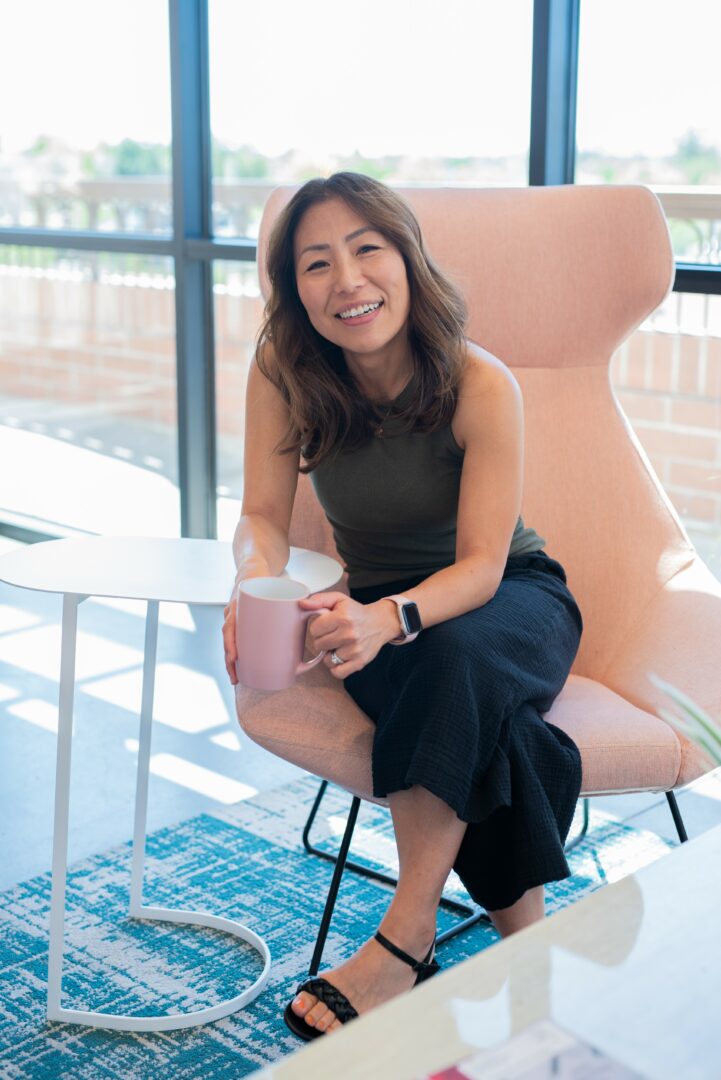
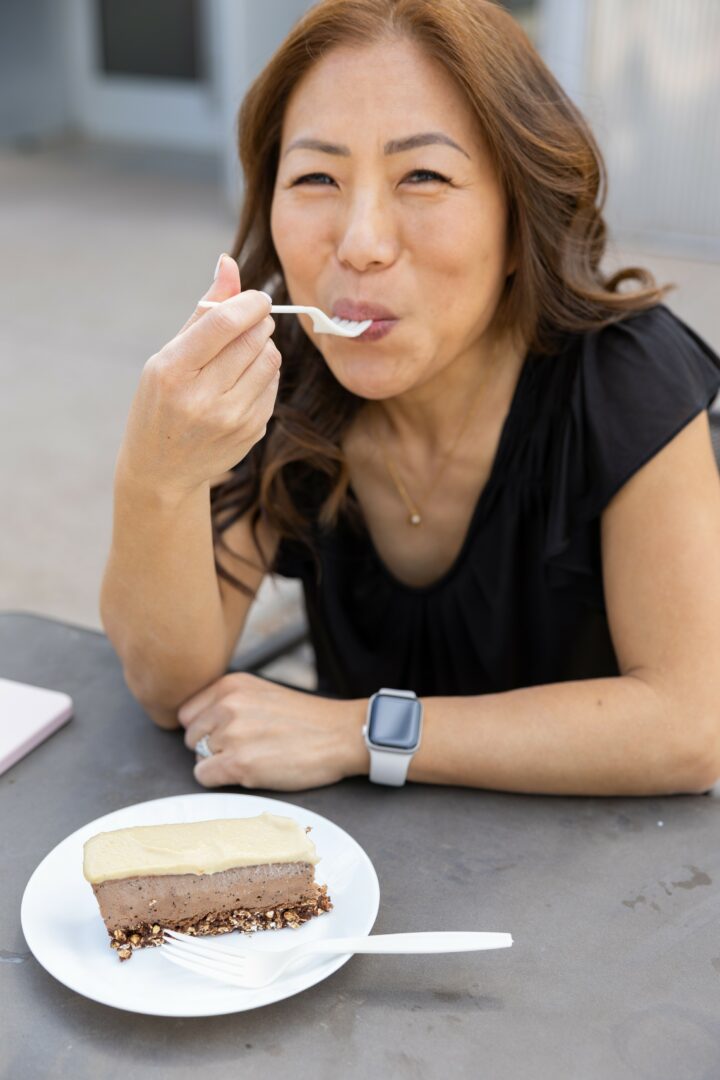
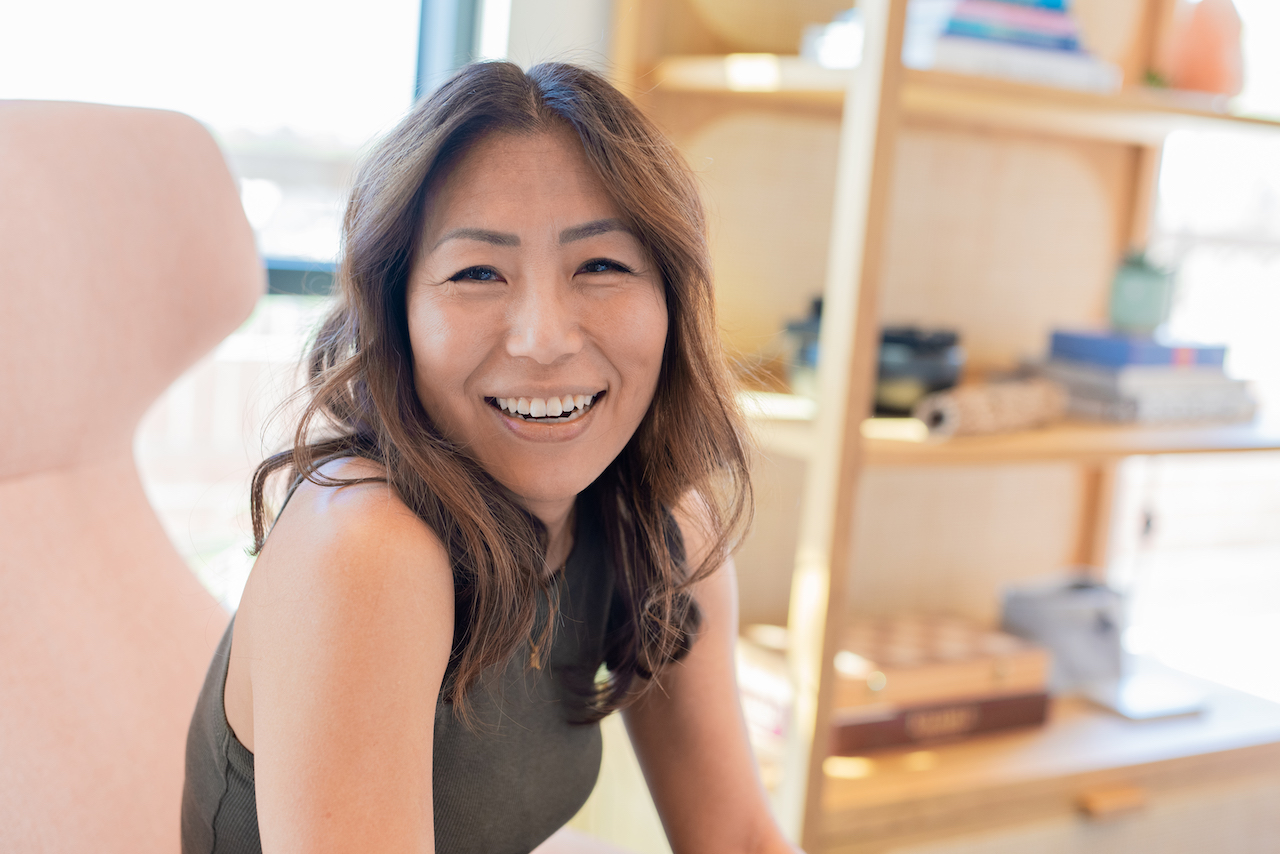
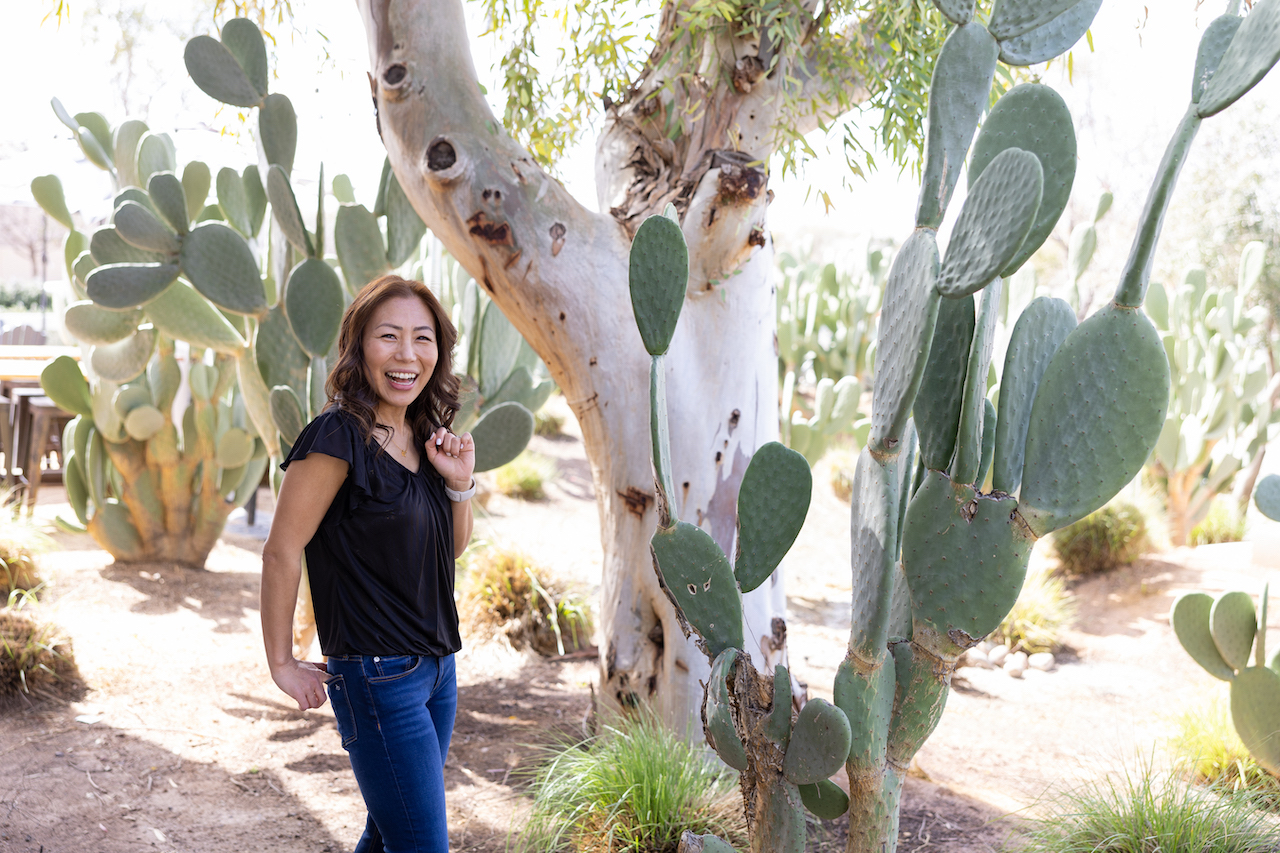
Image Credits
Tara Dunn and Quianna Marie
so if you or someone you know deserves recognition please let us know here.

